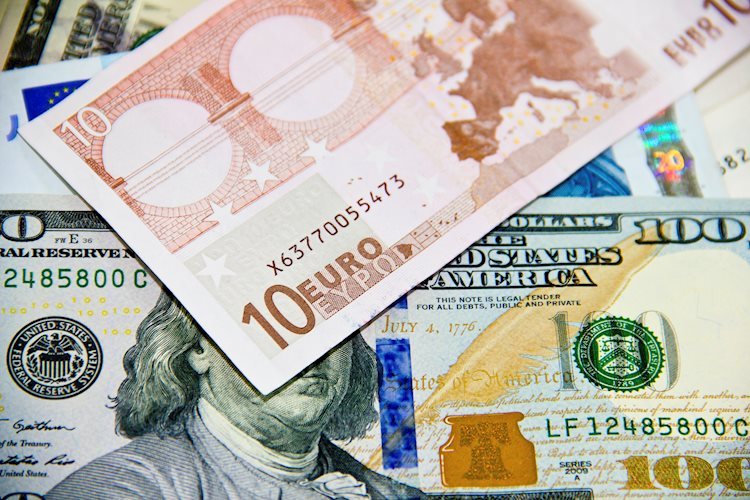
- “Why Being Wrong in Forex Trading Doesn’t Mean You’re a Failure”
- “Feeling Like You’re Not Cut Out for Forex Trading? Read This”
- “How to Bounce Back After Repeated Forex Losses”
- “Overcoming the Pain of Being Wrong in Forex Trading”
- “The Emotional Struggles of Forex Trading and How to Conquer Them”
- “Forex Trading Failures: Lessons You Can’t Afford to Ignore”
- “From Self-Doubt to Success: Rebuilding Confidence in Forex Trading”
- “Why Losing Trades Are the Secret to Forex Mastery”
- “How to Regain Control When Forex Trading Feels Impossible”
- “Mastering the Mental Game of Forex: Moving Past Losses”
“How can I be so wrong again? Maybe I’m just not cut out for this.”
If you’ve ever felt this way after a series of losses in forex trading, you’re not alone. The sting of being wrong, over and over, is enough to shake anyone’s confidence.
It feels like the market is mocking your every move, and the harder you try, the more elusive success becomes.
The emotional toll is real, and it’s easy to start questioning everything—your strategy, your abilities, even your worth.
The Weight of Being Wrong
In forex trading, losses don’t just drain your account—they drain your spirit.
Every time you click “buy” or “sell,” you’re making a decision based on what you believe will happen. And when the market moves against you, it feels personal.
“I spent hours analyzing the charts. I thought I saw the perfect setup. But the moment I entered, it all fell apart.”
This inner monologue is a familiar soundtrack for many traders. It’s not just the financial loss that stings; it’s the perceived failure of your judgment.
It can feel like you’re throwing punches in the dark, and every miss convinces you further that you’re simply not good enough.
The Trap of Emotional Trading
When you’re stuck in a cycle of losing trades, it’s tempting to react emotionally. You start making trades out of frustration, desperation, or fear of missing out.
This is where things often spiral out of control.
You find yourself thinking:
- “I need to make this back. Just one good trade, and I’ll recover.”
- “I can’t quit now. I’ve already lost so much.”
- “If I just change my strategy, maybe this will work.”
But emotional trading rarely leads to positive outcomes. Instead, it clouds your judgment and pulls you further away from rational decision-making.
The more you try to force a win, the more the market seems to punish you.
The Illusion of Certainty
One of the harsh truths of forex trading is that you can never be 100% certain of any trade. The market is unpredictable, driven by countless factors you can’t control.
Even the most experienced traders lose sometimes.
“How can they lose and still succeed?” you might wonder. The answer lies in their mindset.
Successful traders don’t view losses as failures; they see them as part of the process.
They accept that being wrong is inevitable, but it doesn’t define them or their trading journey.
Breaking the Cycle of Doubt
So, how do you stop feeling like you’re not cut out for this? It starts with shifting your perspective and taking actionable steps to regain control.
Embrace the Learning Curve
Trading is a skill, and like any skill, it takes time to master. Instead of focusing on being right all the time, focus on learning.
Analyze your losses—not to punish yourself, but to uncover insights. What went wrong? Was it your strategy, your timing, or your emotions?
Each mistake is an opportunity to grow. When you stop seeing losses as failures and start seeing them as lessons, you’ll begin to rebuild your confidence.
Refine Your Strategy
If you feel like you’re always wrong, it might be time to revisit your trading plan. Are you following a clear, well-defined strategy, or are you relying on guesswork?
A solid plan should include:
- Entry and exit criteria
- Risk management rules
- Clear goals
Backtest your strategy on historical data to see how it performs. This will give you a sense of its reliability and help you regain trust in your process.
Set Realistic Expectations
No trader wins every time. The key is to aim for consistency, not perfection. A strategy with a 60% win rate can still be highly profitable if you manage risk effectively.
Remind yourself that being wrong doesn’t mean you’re failing—it’s simply part of the probabilities.
Develop Emotional Resilience
Trading is as much a mental game as it is a technical one. To succeed, you need to build emotional resilience. This means:
- Detaching from the outcome of individual trades.
- Accepting that losses are normal.
- Practicing mindfulness to stay calm under pressure.
Consider keeping a trading journal where you document not just your trades but also your emotions.
Over time, you’ll start to notice patterns and gain better control over your reactions.
Manage Your Risk
One of the quickest ways to feel demoralized is to lose a significant portion of your account on a single trade.
Protect yourself by using proper risk management techniques:
- Never risk more than 1-2% of your account on any trade.
- Use stop-loss orders to limit potential losses.
- Diversify your trades to avoid overexposure.
When you know your risk is controlled, it’s easier to stay objective and make sound decisions.
Rebuilding Confidence
Confidence doesn’t come from never being wrong; it comes from knowing you can handle whatever happens. Start small, and celebrate small wins.
Even a break-even trade can be a success if you followed your plan and managed your risk.
“I was wrong about this trade, but I stuck to my rules. That’s a win.”
By focusing on the process rather than the outcome, you’ll begin to trust yourself again.
And as your confidence grows, so will your ability to navigate the ups and downs of forex trading.
The Path Forward
Feeling like you’re not cut out for trading is normal, especially during tough times. But it’s not the end of the story.
With patience, persistence, and a willingness to learn, you can turn things around.
The next time you find yourself saying, “How can I be so wrong again?” take a deep breath.
Remind yourself that every trader has been there, and what matters is how you respond. You’re not defined by your losses—you’re defined by your resilience.
You’ve got this. Keep going.

